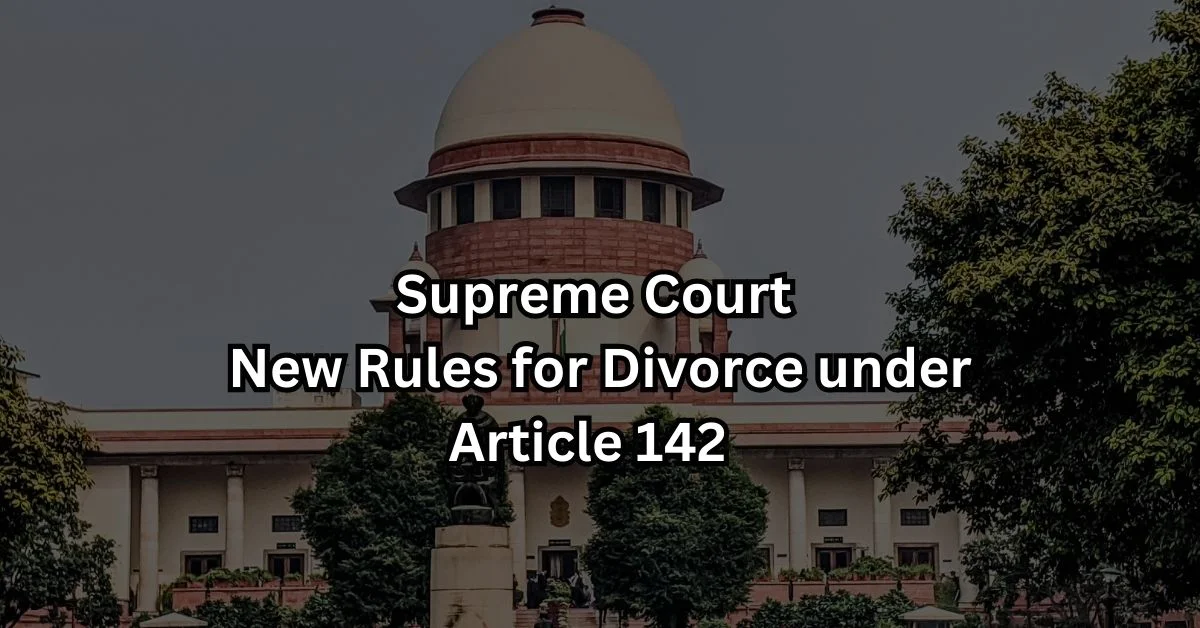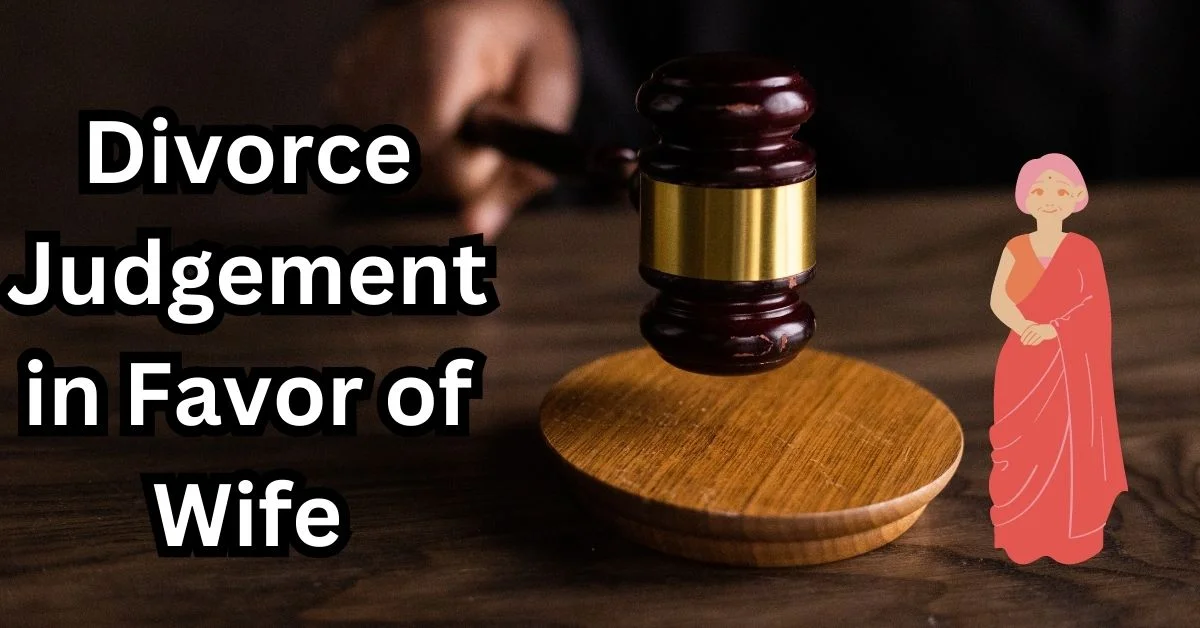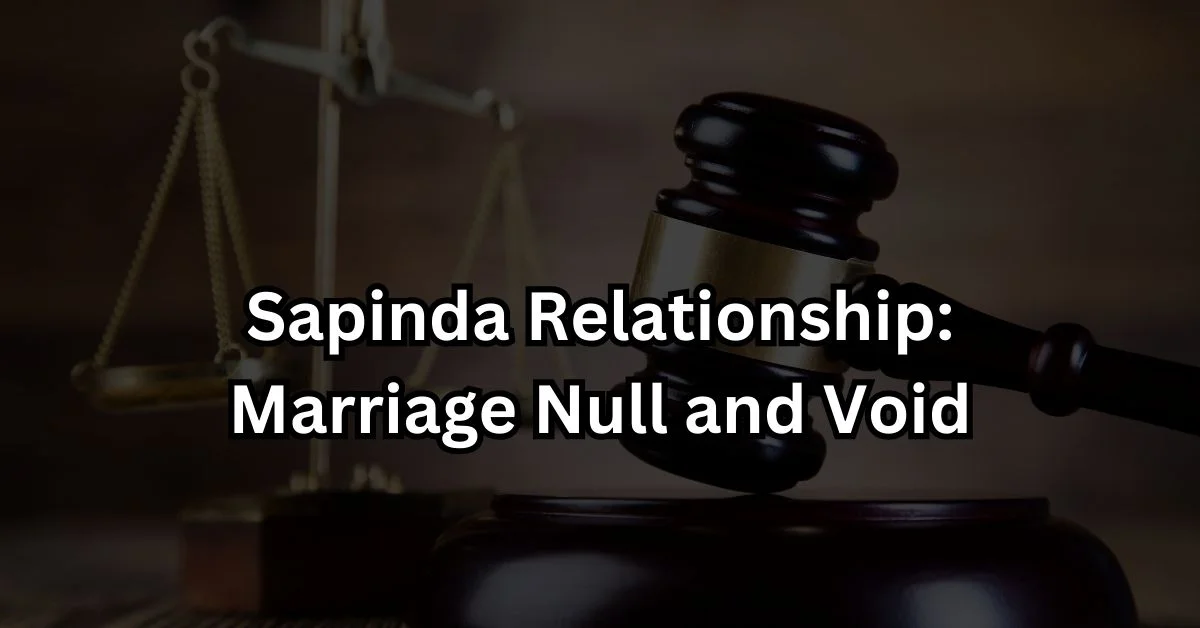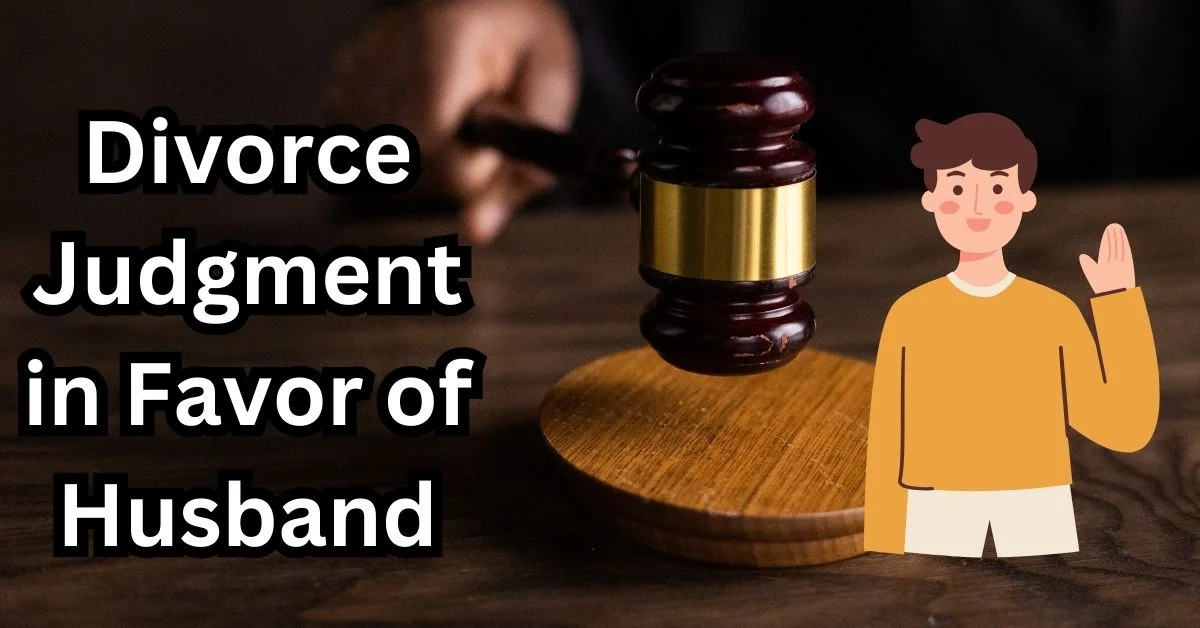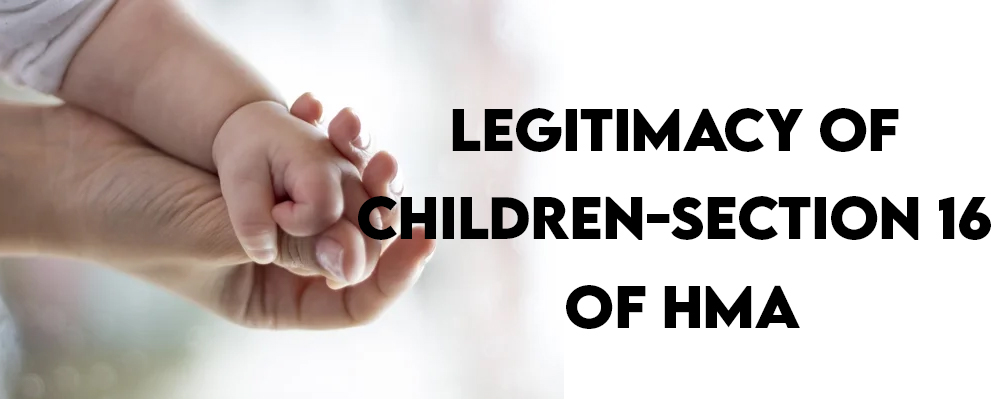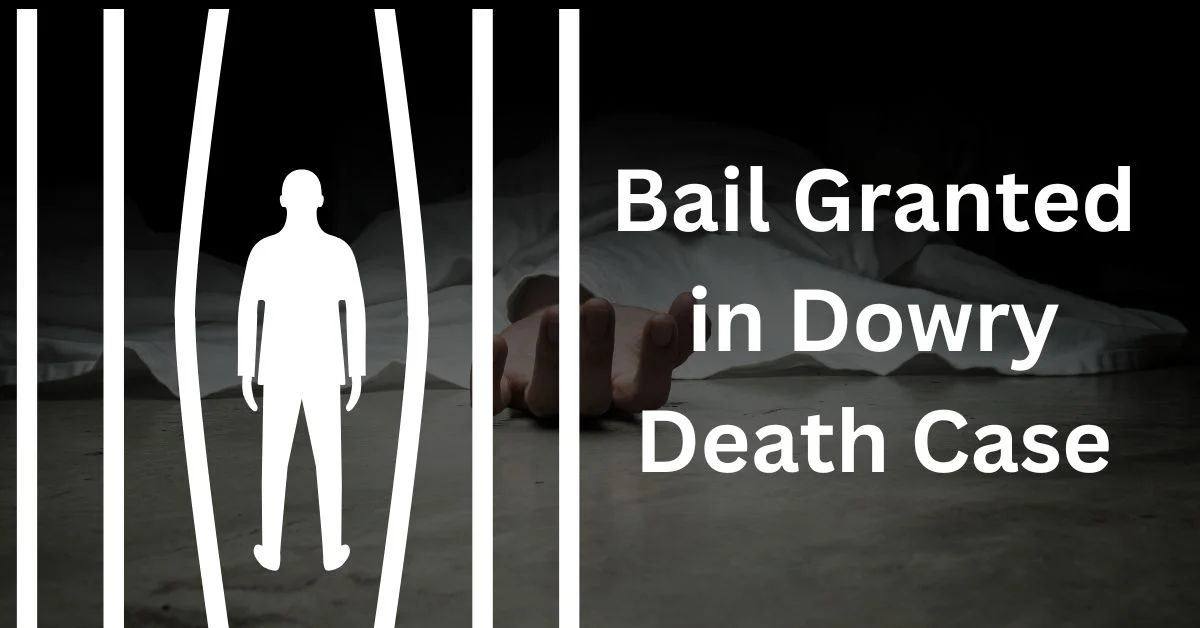High Court Grants Interim Custody of Minor Child to Mother
The Hon’ble High Court of Kerala has granted interim custody of minor twin boys to their mother, in a child custody dispute. The decision comes after a protracted legal battle between the Husband and Wife. This latest judgment has raised crucial questions about the rights of parents in child custody matters and the role of the Child Welfare Committee. Background of the Case The case revolves around a matrimonial dispute between Husband and Wife. The couple has twin boys, aged 5 years. The marriage had deteriorated due to alleged incompatibility and conflicts, leading to a petition for divorce by Husband on grounds of cruelty and adultery. Wife had accused Husband and his mother of mistreatment, which further strained their relationship. Wife’s Claim The petitioner Wife in this case, sought interim custody of her twin sons through an application, I.A.No.1/2023. She argued that the children were currently with the Husband, who was…
Maintenance Denied to Wife: Husband Produced Video CD of Working Wife
Hon’ble High Court of Delhi court ruled against granting maintenance to a highly qualified wife in a divorce case. This decision marks a significant development in cases where a spouse seeks financial support post-divorce. The Challenged Order The appellant Wife challenged the Order dated 03.09.2019, issued by the learned Principal Judge of Family Courts. This order dismissed her application for maintenance under Section 24 of the Hindu Marriage Act, 1955. Marriage and Divorce Husband and Wife got married on 21.04.2014. However, due to incompatibility and differences, their matrimonial relationship deteriorated, leading to the filing of a Divorce Petition under Section 13(1)(ia) of HMA .by Husband. It’s worth noting that Wife was employed until the filing of the Divorce Petition, at which point she resigned from her job on 22.05.2015. Although they temporarily withdrew the Divorce Petition on 06.02.2016 after an amicable settlement, a police complaint filed by Wife on 06.05.2016 indicated…
Divorce: Understanding the Notion of ‘Cruelty’
In a recent ruling by the Supreme Court of India, a significant legal precedent has been set regarding the understanding of ‘cruelty’ in divorce cases underSection 13(1)(ia) of the Act of 1955. The verdict, delivered by Justices Sanjiv Khanna and M. M. Sundresh, sheds light on the evolving concept of cruelty in the context of matrimonial relationships. Background of the Case Marriage and Troubles: The couple’s marriage started deteriorating after the birth of their child in 2006. Legal Complaint: The wife filed a complaint under Section 498A of the Indian Penal Code, 1860, and Sections 3 and 4 of the Dowry Prohibition Act, 1961. Allegations and Counterarguments: The husband questioned the wife’s character and alleged adultery. He also demanded a medical examination, which was denied by the High Court. Long Separation: The parties have been living separately for over a decade and a half. Supreme Court’s Observations & Decision Hyper-Technical Approach: The Trial Court and the…
New Law for Divorce in India
Supreme Court’s New Law for Divorce in India – A Comprehensive Guide In a recent landmark judgment, the Hon’ble Supreme Court of India has redefined the rules for divorce, providing clarity on the scope and exercise of its powers under Article 142(1) of the Constitution of India.This decision has far-reaching implications for divorce cases in the country. In this article, we delve into the key takeaways from the judgment and explain the new rules for divorce in India. Understanding Article 142(1) – The Apex Court’s Jurisdiction Article 142(1): A Closer Look The Supreme Court has clarified that it can depart from both procedural and substantive laws in cases guided by fundamental general and specific public policy. This power is exercised when the court acts as a problem solver, balancing equities between conflicting claims in a ’cause or matter.’ Divorce by Mutual Consent – Bypassing Section 13-B The Power of Settlements…
Financial Instability, False Allegations and Long Separation
In a significant and groundbreaking judgment, the Delhi High Court has granted a divorce to Wife on the grounds of cruelty and desertion under Section 13(1)(ia) and 13(1)(ib) of the Hindu Marriage Act, 1955. Background of the Case The case revolves around a marriage that took place on April 9, 1989, following Hindu customs and traditions. However, despite nearly seven years of matrimony, the couple separated on November 27, 1996, with no children born from the union. The petitioner, the wife, alleged suffering various forms of physical and mental cruelty at the hands of her husband and his family members. Allegations of Cruelty & Financial Instability The appellant, the wife, claimed to have been subjected to physical and mental cruelty throughout her marriage. She held an impressive academic record, having graduated from Delhi University with honors and excelling in extracurricular activities. Prior to marriage, she was employed at a multinational corporation,…
Divorce to Husband on Grounds of Cruelty
In a recent judgment by the Delhi High Court, divorce was upheld to a husband based on grounds of cruelty inflicted by his wife. The case saw the court pronounce its decision on September 5th, 2023, after reserving judgment on July 31st, 2023. Background The case revolved around a husband and wife, herein referred to as the appellant and respondent, who were married according to Hindu customs on 22.11.2015 in New Delhi. Their union was initially harmonious, but over time, issues started to emerge. They resided together with the husband’s parents in the same household, but the marriage eventually became strained. In February 2019, the wife lodged a dowry harassment complaint against her husband and his family with the police in Faridabad, her husband’s hometown. This complaint led to a subsequent settlement agreement on 11.03.2019, which included several crucial stipulations. The Settlement Agreement The settlement agreement comprised several clauses, such…
Marriage Null and Void, Cites Sapinda Relationship and Cruelty
Landmark Judgment: Delhi High Court Declares Marriage Null and Void, Cites Sapinda Relationship and Cruelty In a significant legal development, the Delhi High Court declared a marriage null and void on the grounds of sapinda relationship and cruelty. This landmark ruling has far-reaching implications for family law in India. The case, recorded as MAT.APP.(F.C.) 220/2023, was filed by Mr. Naresh Kr. Babbar, the appellant, seeking a divorce or annulment of his marriage to Mrs. Seema, the respondent. The judgment, pronounced by the bench comprising HON’BLE MR. JUSTICE SURESH KUMAR KAIT and HON’BLE MS. JUSTICE NEENA BANSAL KRISHNA, has drawn attention due to its in-depth analysis and precedent-setting decisions. Background of the Case The parties involved in this case had entered into matrimony on May 4, 1992, adhering to Hindu rites and customs. However, their union was marked by disputes and allegations of cruelty. The appellant, Mr. Naresh Kr. Babbar, claimed that…
The Legal Implications
Latest Divorce Judgment in Favour of Husband: Understanding the Legal Implications Hon’ble Delhi High Court upheld the divorce granted by the Family Court to the husband. This judgment has significant implications for divorce proceedings in India, particularly concerning the grounds of cruelty under Section 13(1)(ia) of the Hindu Marriage Act, 1955. Marriage and Early Life Mamta and Pradeep Kumar entered into matrimony on April 30, 2006, following Hindu rites and customs. Their union was blessed with the birth of their son, Ashwin Kumar, on January 18, 2007. Allegations of Cruelty The crux of Pradeep’s case rested on allegations of cruelty by Mamta. He portrayed her as aggressive, quarrelsome, and violent in nature, not only towards him but also his family members. Mamta had a history of leaving the matrimonial home without prior notice, often leading to disputes. Notably, she engaged in altercations with Sh. Om Prakash, a close relative of…
Hindu Inheritance and Legitimacy
In a significant and comprehensive judgment, the Supreme Court of India has delivered a ruling on Hindu inheritance, legitimacy, and property rights. This judgment is a milestone in the interpretation of Hindu family laws and brings clarity to several intricate legal aspects. Legitimacy under Hindu Marriage Act The judgment begins by addressing the issue of legitimacy concerning children born from void (section 11) or voidable (section 12) marriages under the Hindu Marriage Act (HMA) 1955. It establishes that such children, irrespective of when they were born, are conferred with legitimacy as per Section 16(1) of the HMA. Legitimacy in Voidable Marriages Section 16(2) of the HMA is also discussed, focusing on children born in voidable marriages that have been annulled. The judgment affirms that these children are deemed legitimate under certain circumstances, especially if the marriage would have led to legitimacy had it been dissolved instead of annulled. Rights and Limitations The…
Delhi High Court Grants Bail in Dowry Death case
In a recent development, Hon’ble High Court of Delhi granted regular bail to Bhuvan Sharma in a case that has garnered significant attention. The case, bearing the reference number BAIL APPLN. 1479/2023, involved charges under Sections 498A, 304B, 306, 406, and 34 of the Indian Penal Code, 1860 (IPC). The bail application was heard by Honorable Mr. Justice Amit Sharma. Background The case originated from an FIR (First Information Report) registered on July 16, 2021, based on a complaint filed by Sh. Ram Gopal Sharma, the father of the deceased, Komal Sharma. Komal Sharma was married to Bhuvan Sharma on November 30, 2020. The complaint alleged that the couple had frequent disputes, and the deceased was subjected to harassment by her in-laws. According to the complaint, on the day before the tragic incident, Komal Sharma visited her parental home and expressed her reluctance to return to her matrimonial home. On July 16, 2021, Richa, Komal’s sister-in-law,…




